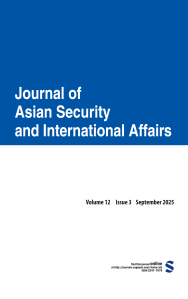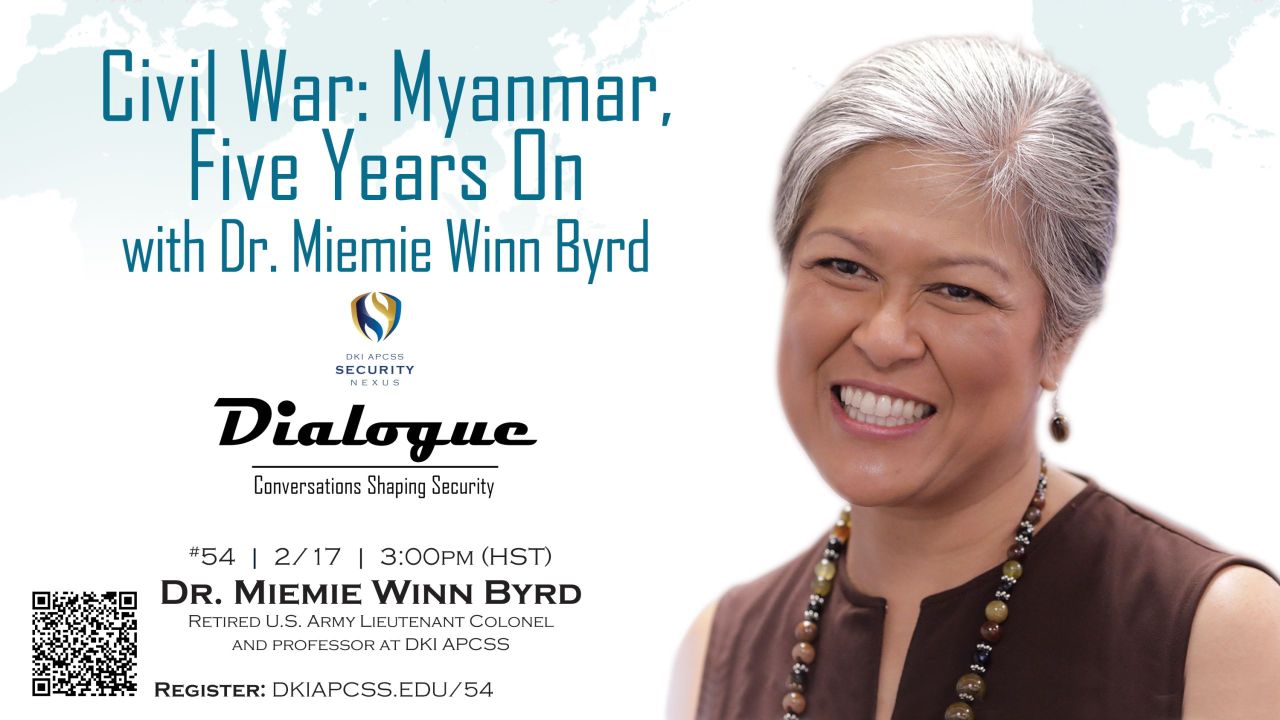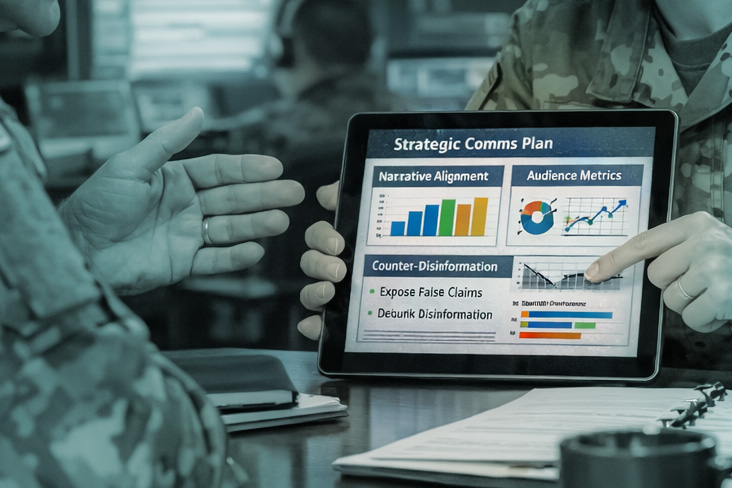 Dr. Alex Vuving has a new peer-reviewed article: “Do States Act Rationally, and How Do We Know What They Think?” published by the Journal of Asian Security and International Affairs, Vol. 12, No. 3 (September 2025).
Dr. Alex Vuving has a new peer-reviewed article: “Do States Act Rationally, and How Do We Know What They Think?” published by the Journal of Asian Security and International Affairs, Vol. 12, No. 3 (September 2025).
The article discusses the concept of rationality and its evolution, the state of the art on state rationality, and the strategic thinking of 14 states in the Indo-Pacific, including the United States, China, Russia, Japan, India, South Korea, Taiwan, Vietnam, Thailand, Malaysia, Singapore, Indonesia, Australia, and New Zealand.
It argues that whether or not a state acts rationally depends on the observer’s approach to that state’s thinking. It shows that John Mearsheimer and Sebastian Rosato’s theory of state behavior, which views the state as homo theoreticus, is more applicable to machines (in individual thinking) and angels (in collective deliberation) than humans. According to Vuving, “If treated as black boxes, states tend to act rationally in accordance with Mearsheimer and Rosato’s benchmarks, because the observer tends to impose a ‘standard’ international relations (IR) theory on them. But if states are treated as rich tapestries, where the researcher is looking for the states’ perspectives, interests, and thinking in their own right, the states will not be rational per Mearsheimer and Rosato’s definition.”
Finally, the article suggests some directions for rethinking the rational actor assumption.
Read the article online at: https://journals.sagepub.com/doi/10.1177/23477970251347730
Alexander Vuving is a professor at the Daniel K. Inouye Asia-Pacific Center for Security Studies in Honolulu. The views expressed are those of the author alone and do not represent the official policy of the DKI APCSS, the U.S. Department of Defense, or the U.S. government.









Leave A Comment